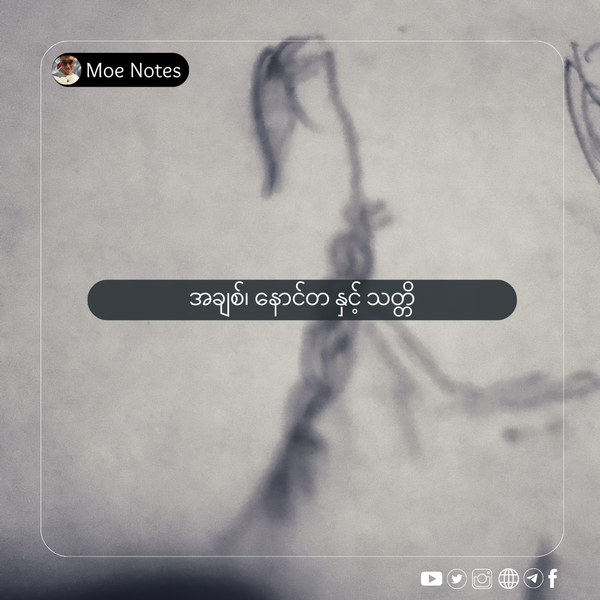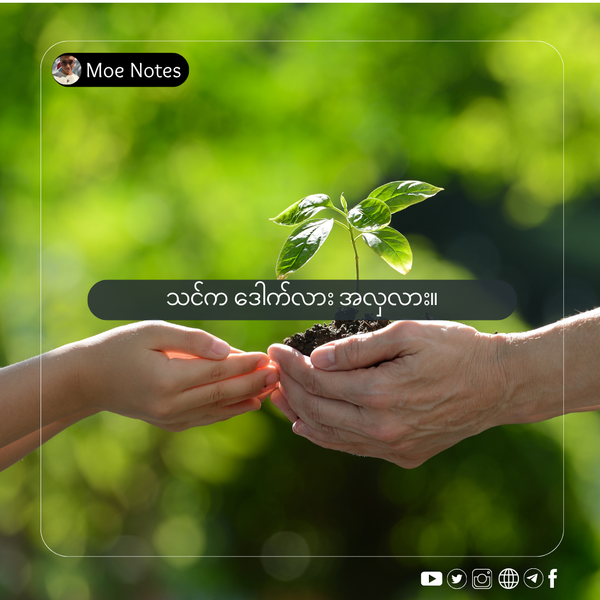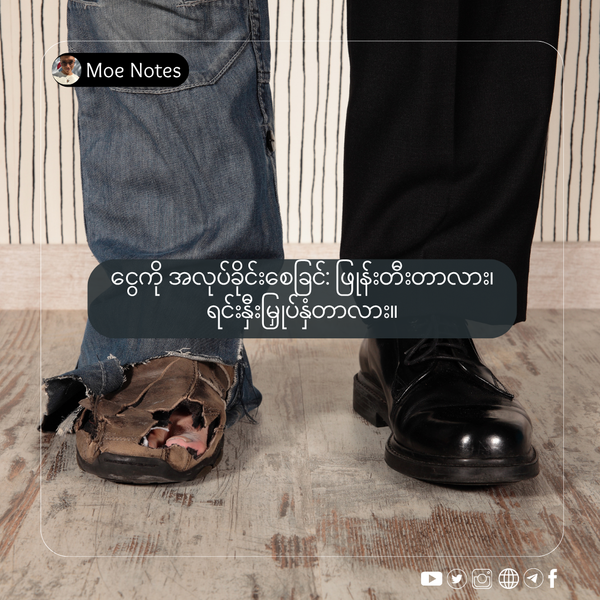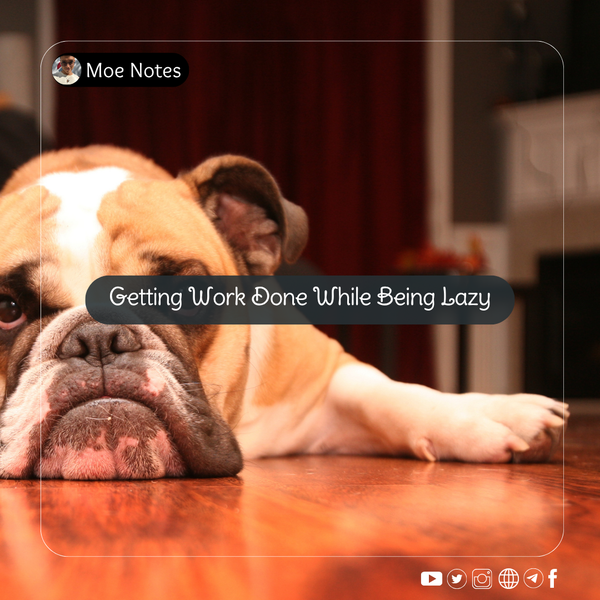A Creator’s Crossroads - Value vs. Price
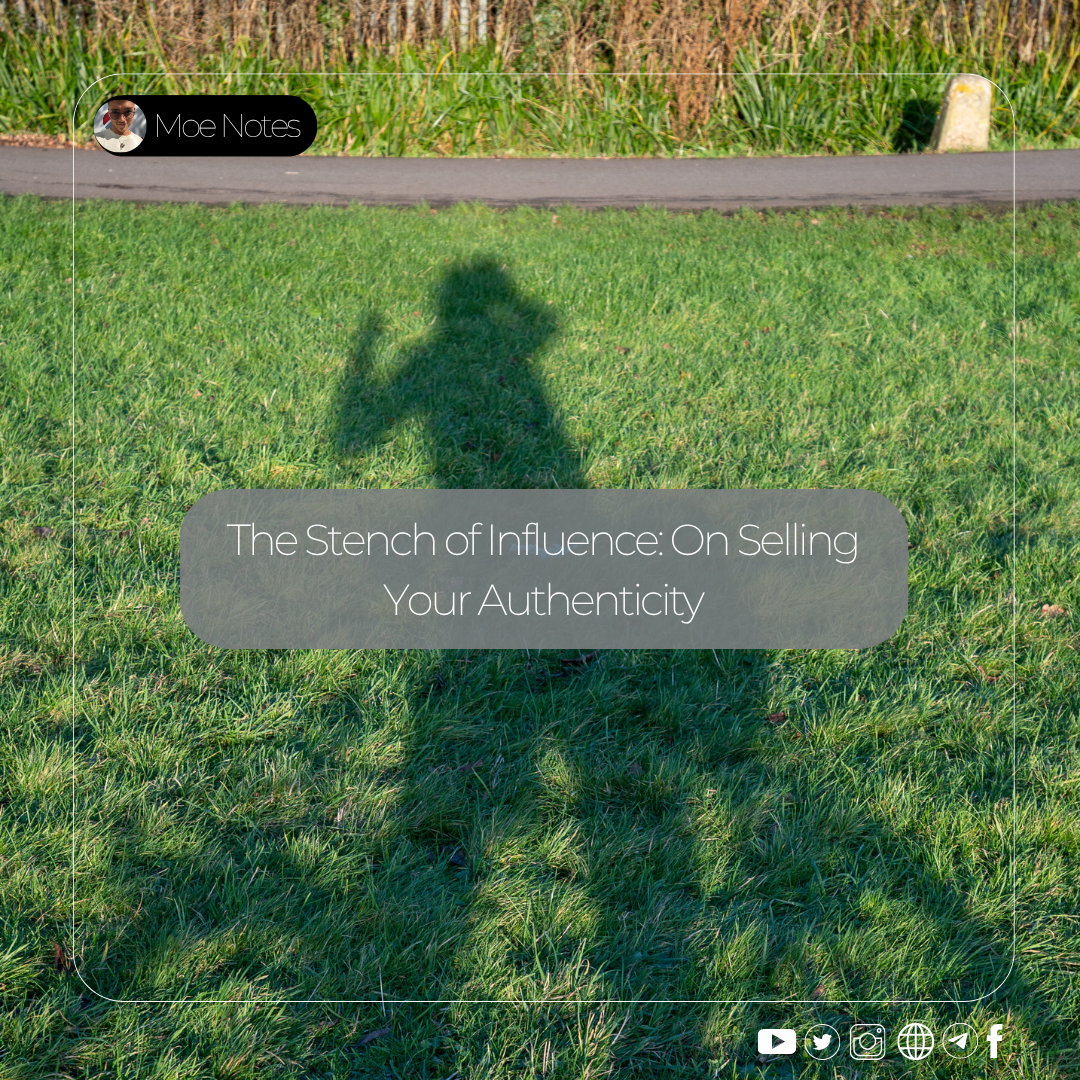
This article is also available in [Burmese].
"I wrote this piece over a year ago. Back then, this was my perspective on the issue. While some of my views have evolved, the core feeling of this article remains the same. I wanted to share my thoughts from that initial stage..."
My inbox has become a strange place these days. One day, a message arrives from a community organization I trust, respectfully inviting me to help with a humanitarian event. It’s an opportunity to contribute to my community in a way that I can. The next day, a completely different kind of message lands. “Can you write an Honest Review?”, “What are your fees?”
These two messages perfectly illustrate the crossroads that we, as creators, face every single day. One path is a choice based on our values and principles. The other is a path that asks us to exchange our integrity for a price.
Two Kinds of Collaboration: Goodwill and a Price Tag
“Collaboration” is a popular word these days, but not all collaborations are born equal.
- Value-Based Collaboration: The offer to help with a community event falls into this category. Its primary purpose is not financial gain, but is built on a shared goal of humanitarianism and community support. The reward in these collaborations isn’t money; it’s the satisfaction and pride of knowing you’ve contributed to something good. This is what makes your name shine brighter.
- Price-Based Collaboration: The question, "How much for an ‘Honest Review’?” is the opening line for this type. Here, the word “Honest” is often just for show; the main event is the payment. They don’t want your talent; they want to rent the trust you’ve spent years building with your audience. When you say a product you’ve never used or don’t believe in is “good,” what you gain is money, and what you lose is your authenticity.
Your Name: Your Most Valuable Brand
As a creator, your most important asset isn’t your camera or your laptop. It’s your name. When you endorse a brand, you are lending your reputation to it. People don’t trust the product; they trust you.
So, before you accept an offer, you have to ask yourself:
- Is This Brand Worthy of My Name? Have you done your due diligence? Do they have a history of treating their employees and the environment with respect? Is their product genuinely high-quality, or is it well-marketed?
- Would I Use This Myself? If this product were in front of you and you had to spend your own hard-earned money on it, would you buy it? If the answer is “no,” then you cannot, in good conscience, ask your audience to do so.
Spending a few minutes on Google, reading independent reviews, and researching a company’s background isn’t extra work; it’s an act of self-preservation. Endorsing a single bad product doesn’t just harm the consumer; it can permanently damage your credibility. Your reputation is the one thing money can’t buy back.
Walking into the Trap: Why We Go Astray
It’s difficult to say with certainty, “I would never become that kind of person.” The pressures that push us to sell our authenticity are more subtle and powerful than we think.
- The Poison of Comparison: Social Media Is a Theater of Success. We see other creators’ best moments, their brand deals, and a thought creeps into our subconscious: “If they can get it, why can’t I?” That thought can slowly erode our standards, making us willing to accept offers that are beneath us.
- The Scarcity Mindset: For those of us from challenging backgrounds, the idea that “opportunity only knocks once” can be deeply ingrained. The fear that “if I don’t accept this now, I’ll never get another offer” can overwhelm our judgment. This stems from a survival instinct, and it can cause us to set aside our values temporarily.
- The Lack of a Roadmap: Most creators don’t start as businesspeople. We begin with a passion and build an audience along the way. So, when the first financial offer arrives, it can be incredibly tempting, and it’s easy to overlook the long-term consequences. The absence of a guide on how to say no or what standards to set can lead us down the wrong path.
The Mindset Divide: Amateur vs. Professional
The path you choose at these crossroads is what separates an amateur mindset from a professional one.
- The Amateur Mindset: This mindset focuses on immediate rewards. “I get paid just for posting this, so what’s the harm?” For them, success is measured in likes, followers, and the value of occasional brand deals. They are quick to trade their name for short-term gain.
- The Professional Mindset: A professional sees their name and reputation as a long-term investment. For them, success is about building enduring trust with their audience. Before accepting an offer, they ask, “How will this affect my brand in the long run?” They dare to say “No” because what they value is greater than a temporary paycheck. A professional sees their audience not as customers, but as a community they are responsible for.
The Thin Line Between Friends: Respect vs. Exploitation
A question might arise: “What’s the difference between helping a friend’s business and getting paid to advertise?” For me, the fundamental principle is entirely different.
I love helping my friends with their endeavors. Their success feels like my own. This isn’t a relationship built on money; it’s built on respect and mutual trust. When a friend asks for my help, it’s because they value my perspective and respect my audience. I respond with respect in return.
However, there must be a clear boundary. The phrase “we’re friends” should never be used as a shield to devalue your time, effort, and worth. The line “it’s easy for you” is a sign of disrespect. It implies that they don’t value the time and energy you’ve invested in building your skills.
A true friend understands your value and would never take advantage of you. Even if they ask for help, they will do so respectfully and will always consider how to reciprocate for your time and consideration. This might not be financial, but the respect must be absolute. This demonstrates that we should all strive for high standards. Whether it’s with friends or in business, you should never accept a relationship that tries to exploit you without respect.
The Myth of Survival: Why Our Standards Matter More Now
For those residing in Burma, I understand the question: “With the situation in Myanmar, people are just trying to get by. How can you talk about ethics?” When you’re struggling to survive, morality can feel like a luxury.
However, I would like you to consider it from a different perspective. In a time when entire systems have collapsed and right and wrong have become blurred, holding onto one’s integrity is the most diminutive and most potent form of revolution. The darker our surroundings, the brighter we must keep our light.
The "just getting by" mentality might work for survival in the short term, but in the long run, it will slowly erode the standards of our entire community. As more creators without standards emerge, the audience’s trust will erode. When trust is gone, our voices become worthless. And then, we will all become victims of the environment we helped create, one that lacks standards.
The Ecosystem of Standards: Lessons from Abroad
One thing I’ve noticed living in the UK is that creators here adhere to a stricter ethical code. This isn’t because they are inherently more moral than we are. It’s because their ecosystem is more robust.
For Example, in the UK, there are organizations like the Advertising Standards Authority (ASA). Some laws require creators to disclose when a post is a paid partnership clearly. Failure to do so can result in penalties. Brands are also hesitant to work with low-quality creators, as they could damage their reputation.
These systems create a pressure to “do the right thing." A stable economy gives them the privilege to thijust ong-term ibytead of just "getting b”." This indicates that a country’s stability and standards have a direct impact on the professional level of its creators. In our country, where this system doesn’t yet exist, the responsibility to uphold our integrity is that much greater.
Your Attention is Your Vote
This is a two-way street. While creators have a responsibility to be honest, audiences also have a responsibility to be discerning. Every piece of attention you give, every like you press, is a vote for the kind of content you want to see.
- Scroll Past the Vapid: Our media landscape is filled with worthless, superficial content. By giving your attention to those who rely solely on their looks or scandals to attract an audience, you are effectively saying, “We like this kind of content." Your time and attention are valuable, don’t waste them on things that have no value.
- Seek and Support True Artistry: On the other hand, countless creators pour their hearts into their craft and share things that genuinely benefit the community. Find the ones that aren’t just like and share their content; leave a comment acknowledging their effort. Your encouragement is the single most significant force that will keep them going.
When we, the audience, set a high standard, creators must meet it. This is how we collectively build a better media environment.
My Final Plea to Creators
I have no intention of lecturing anyone. I'm just an ordinary person who writes down his thoughts. However, I know for sure that you, like me, are facing your struggles.
There will be moments when you are presented with a choice: a choice between a benefit value and a benefit. We’ll have an opportunity, a” ty."
In those moments, I want you to ask yourself one question: "Why did I start doing this in the first place?"
Was it for the money? For the fame? Or was it because you wanted to share something you truly believed in? Because you tried to use your voice to bring value to people? The answer is already in your heart.
When circumstances change, when the pressure mounts, it's easy for everyone to lose sight of their original spirit. Don't let it happen. Your integrity is worth more than any brand deal, more than any sponsorship. It is the only currency that will earn you the lasting respect and trust of your audience in the long run.
This journey isn’t easy. I'm still struggling every day myself. However, I’m urging all of us to never trade our authenticity for anything.
